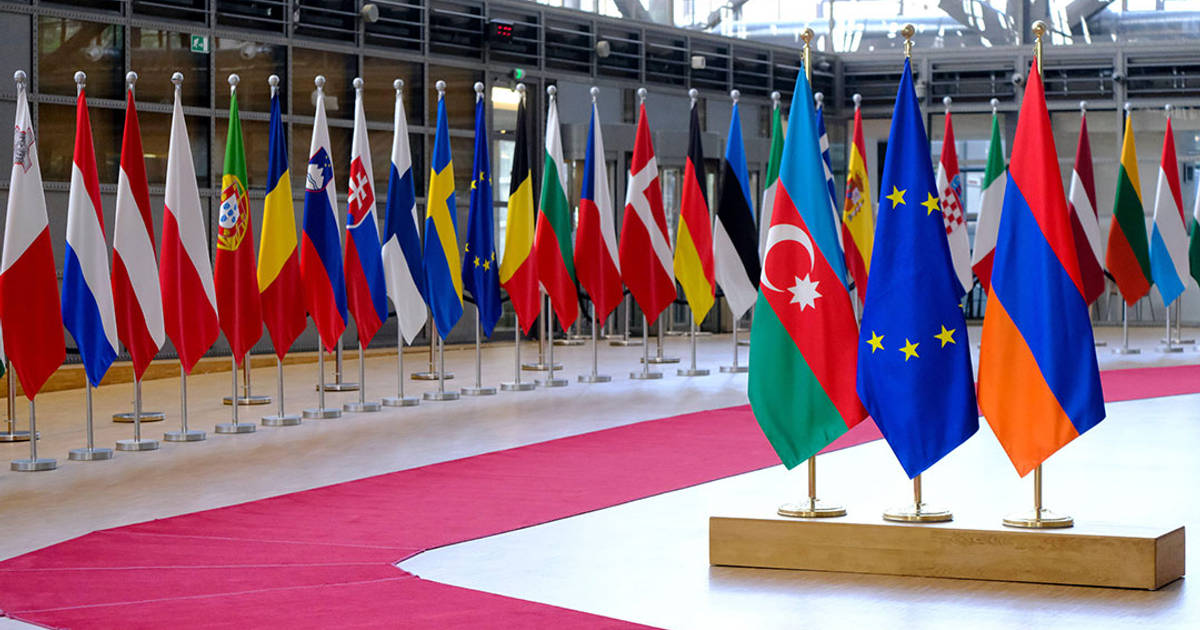The recent peace agreement between Armenia and Azerbaijan marks a potential end to decades of hostility and signals a significant geopolitical shift in the South Caucasus. For Armenians, the deal represents a painful reckoning, with the loss of Karabakh, a deepening refugee crisis, and growing domestic unrest ahead of elections. For Azerbaijan, it is a moment of restored territorial sovereignty and cautious optimism, though tempered by the ongoing threat posed by Russia.
Located at the crossroads of Europe, the Middle East, and Asia, the South Caucasus is a region of increasing geostrategic importance. The Middle Corridor, the shortest trade route between China and Europe, has year-on-year increased its trade flow since the 2022 full-scale invasion of Ukraine. Georgia, Armenia and Azerbaijan’s proximity to Russia and Iran make them invaluable potential partners to limit anti-Western interests.
Russia has historically dominated the region. However, with the bulk of state resources redirected towards Ukraine, Russia’s ability to influence the South Caucasus has diminished significantly. The West has maintained a limited role within the region but has struggled to improve its influence despite Russia’s weakened position.
Both countries now find themselves aligned in seeking to curb Russian influence and promote regional connectivity. Central to this effort is the Zangezur corridor, which, despite implementation disputes, promises a strategic transit route linking Azerbaijan directly to Türkiye, bolstering Ankara as a rising regional power. The U.S.’s successful acquisition of development rights to the corridor further reflects a broader opportunity for Western engagement in shaping a sustainable peace. Yet, this fragile accord faces serious risks. A sidelined Russia may resort to hybrid destabilisation tactics, while a weakened but defiant Iran remains a wildcard. Ensuring long-term stability will require sustained Western involvement to combat disinformation, rebuild trust, and support the region’s post-conflict recovery.
This coordinated anti-Russian effort is a pivotal moment for the West to relaunch its efforts towards improving its influence within the region, counterbalancing Russian influence, and promoting a model of regional stability that aligns with Western interests.
Russia in the South Caucasus
Following the second Karabakh war and full-scale invasion of Ukraine, Russia’s regional influence has weakened, now maintaining influence through manipulating frozen conflicts, sowing domestic unrest and pursuing hybrid operations to destabilise incumbent national authorities.
Within the framework of the Collective Security Treaty Organisation (CSTO), Russia inserted itself as the main security guarantor between Armenia and Azerbaijan and leveraged its mediation role to station peacekeepers within Nagorno–Karabakh. These peacekeepers failed to prevent border skirmishes and were removed following an Azerbaijani military operation in September 2023.
